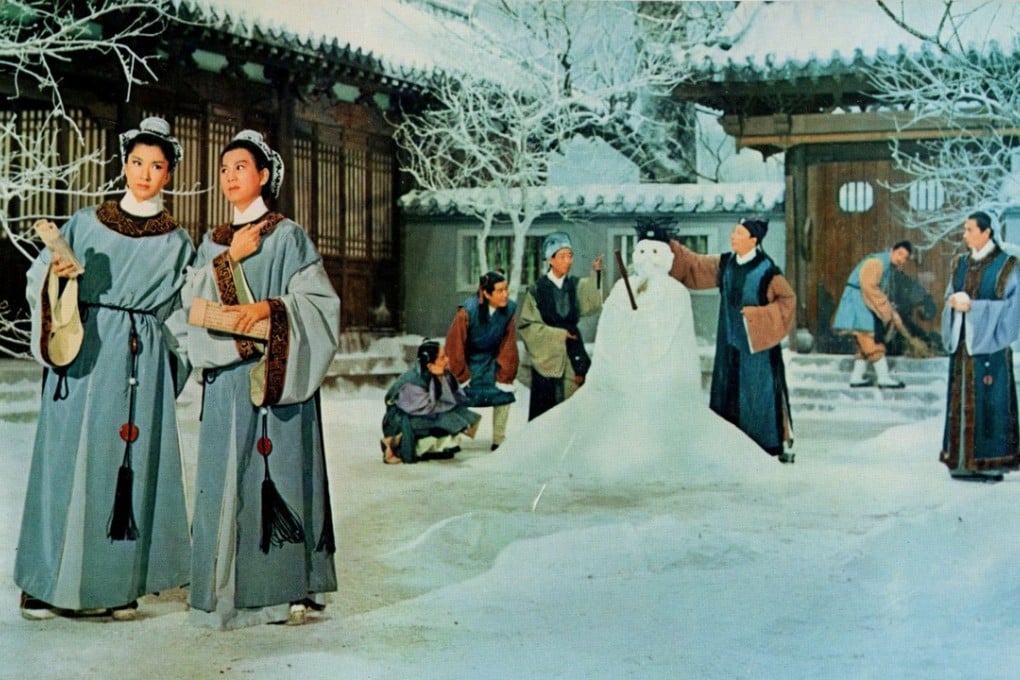Flashback: The Love Eterne (1963) – Betty Loh Ti, Ivy Ling Po play star-crossed lovers in huangmei opera classic
Superbly surreal take on a time-honoured operatic tale saw director Li Han-hsiang revel in studio-based sense of fantasy

The seismic change in the nature of commercial Hong Kong cinema and mainstream audience tastes during the past half-century is perhaps best illustrated by comparing any recent blockbuster with The Love Eterne (1963).
A box-office hit from Taipei to Singapore during both its original release and subsequent revivals, the widescreen “Shawscope” production could never be made today, with its female-centric cast, Chinese operatic score and a pace too leisurely for viewers accustomed to action-packed montages. That is why it is best viewed on a big screen without outside distractions, for director Li Han-hsiang weaves a web of almost surreal artifice that in the 21st century still retains the power to put even non-opera fans under its spell.
The ancient tale of bookish teenage maiden Zhu Yingtai, who masquerades as a boy in order to go to school, and the growing affection she shares with male classmate Liang Shanbo, unaware of Zhu’s true gender, has been filmed numerous times. The Love Eterne ranks among the most lavish versions, making optimal use of Shaw Brothers’ extensive indoor and outdoor sets magically transformed by the design savvy of the studio’s technical and creative teams, all under Li’s legendarily meticulous eye.
Not that the ear is neglected; Zhou Lanping’s musical score takes the huangmei (“yellow plum”) operatic tunes and subtly modernises them in a way that enhances rather than detracts from their traditional appeal.
